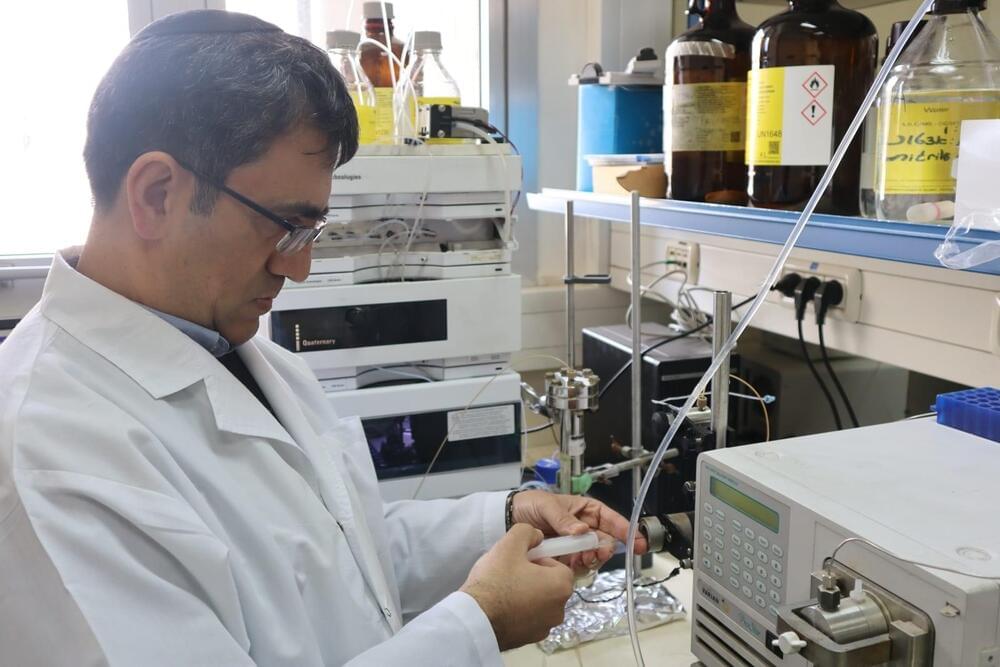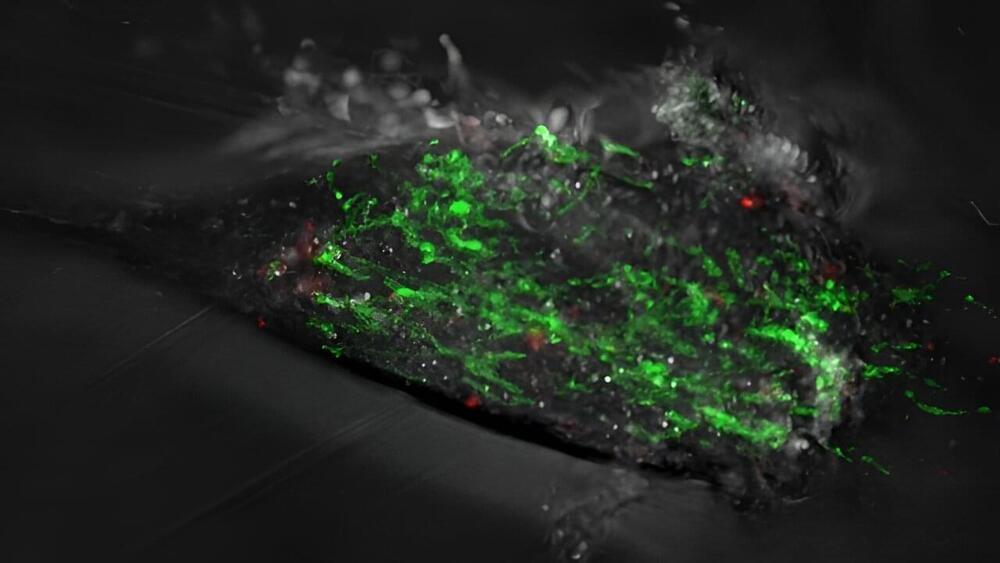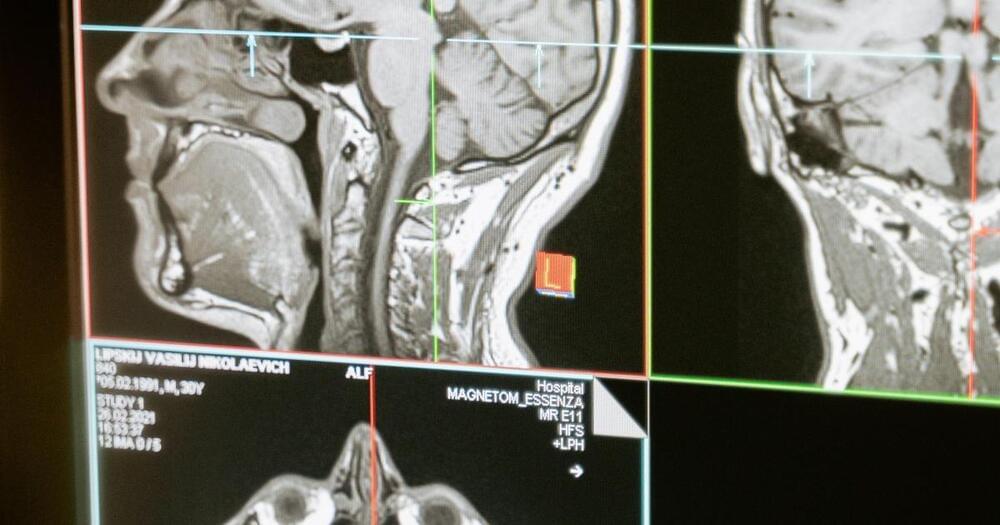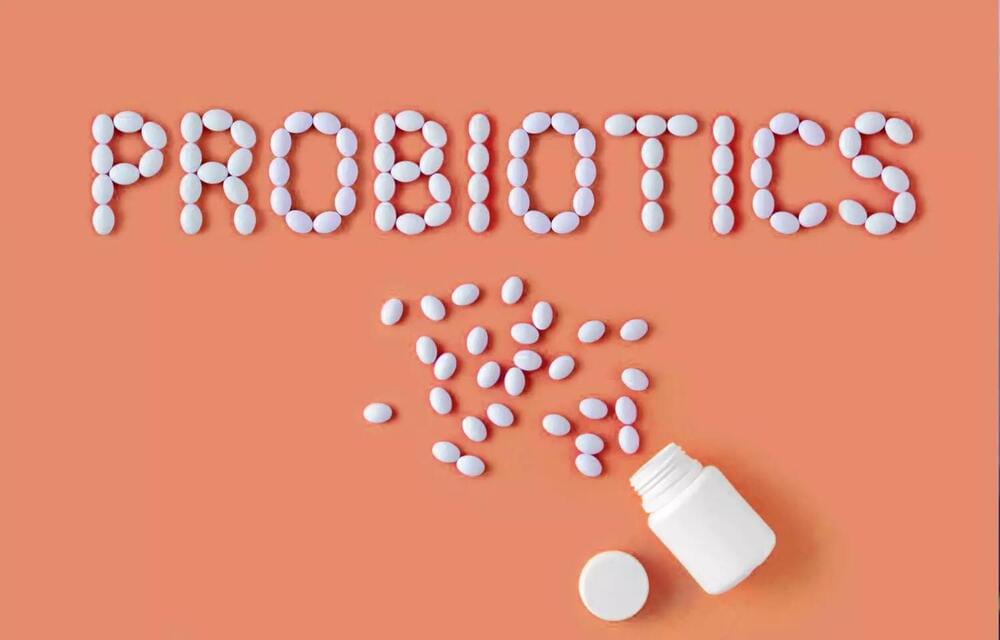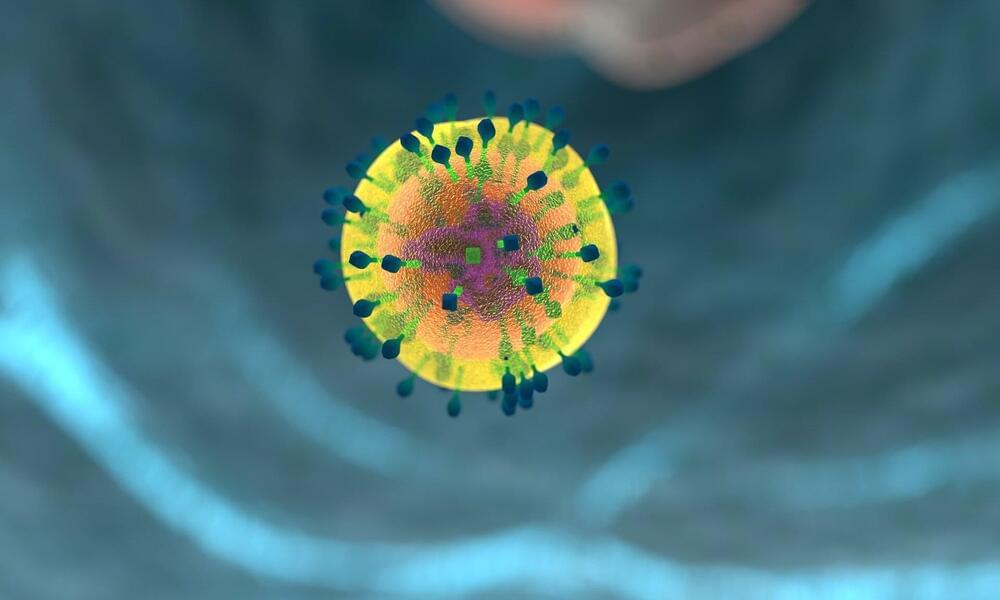Autoimmune diseases pose significant challenges in healthcare, affecting millions worldwide. Recent research has suggested a potential link between gut microbiota and autoimmune conditions, paving the way for innovative therapeutic approaches. A study published in BMC Medicine aimed to systematically review the efficacy of probiotic therapy in managing various autoimmune diseases. The study was conducted by Zeng L. and colleagues.
Autoimmune diseases, including fibromyalgia, psoriasis, juvenile idiopathic arthritis (JIA), lupus nephritis, systemic lupus erythematosus, ulcerative colitis, and Crohn’s disease, result from dysregulation of the immune system. Genetic, environmental, and microbial factors, particularly gut microbiota, are implicated in their pathogenesis. Probiotics, defined as beneficial microorganisms that colonize the gut and modulate host immunity and metabolism, offer a promising avenue for treatment.
The study conducted a systematic review and meta-analysis of randomized controlled trials (RCTs) evaluating the efficacy of probiotic therapy in autoimmune diseases. Researchers searched multiple databases for eligible trials up to June 2022 and assessed outcomes such as Disease Activity Score at 28 joints (DAS28), Psoriasis Area and Severity Index (PASI), and Systemic Lupus Erythematosus Disease Activity Measure (SLEDAI).

